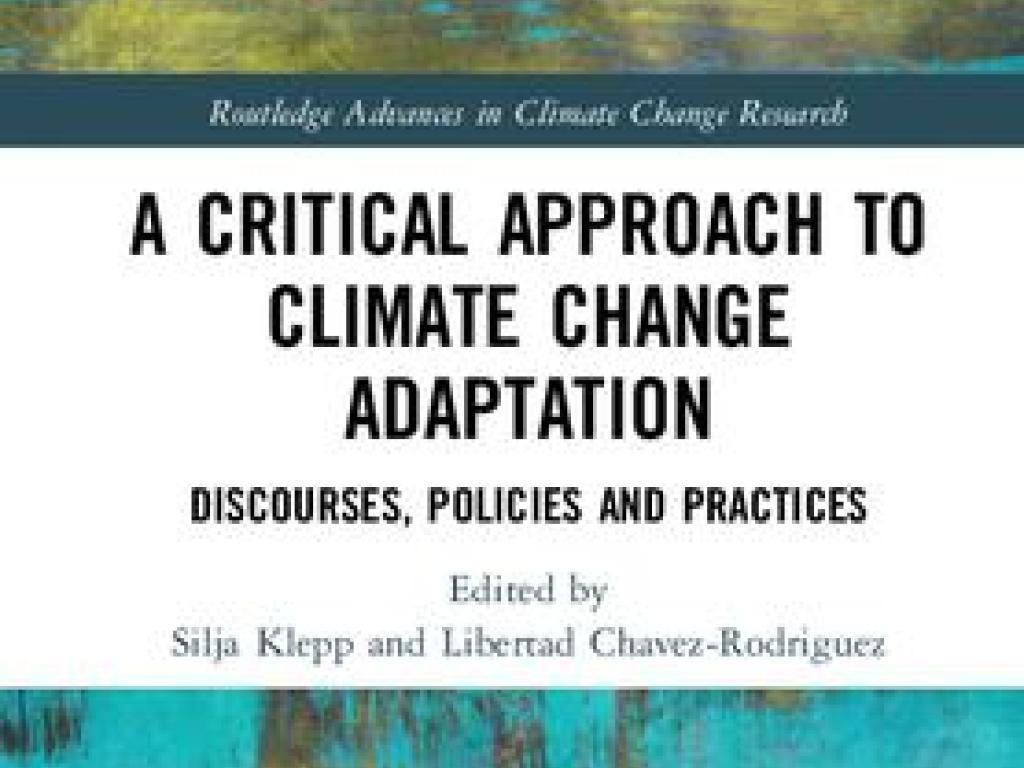ASSAR looks critically at adaptation discourses, policies and practices


As part ASSAR's efforts to re-steer the climate change adaptation narrative, today we are happy to announce the publication of the book A Critical Approach to Climate Change Adaptation: Discourses, Policies and Practices. Here are some fragments of the chapter I wrote, entitled 'Rethinking the framing of climate change adaptation: Knowledge, power, and politics':
In terms of translating adaptation thinking into practice, incremental efforts are likely to remain the focus of adaptation funding and are essential to attain risk reduction and food security goals, but transforming the essence of adaptation thinking is what holds most promise in bringing equity to climate governance. Addressing the relation between climate change and social inequalities is more pressing than ever, given that rising temperatures will result in ‘a huge redistribution of wealth from the global poor to the wealthy’, according to Solomon Hsiang of the University of California, Berkeley.
Re-politicising the adaptation agenda offers an opportunity to be more inclusive of a wide range of (situated) knowledge and practices, and in so doing reduce the prevailing climate science-centric bias of the field.
The gaps are evident especially in failing to address the social component of adaptation in the context of development and in excluding from the debate knowledge that is considered not established by parameters of academia. On the importance of understanding adaptation as a human issue, Weisser et al. (2014: 113) suggested that ‘the answer to one of the key questions in adaptation research […] will remain incomplete as long as one talks only about changing climatic conditions’. It is indeed the so what about people and the planet that will not only complete the answer, but should also be its foundation. At present, though, solutions to the adaptation challenge remain overly focused on climate and natural sciences. As such, powerful Northern stakeholders and Southern elites continue to hold ownership of the adaptation agenda.
A re-politicisation of adaptation requires transforming the stakeholder landscape to enable an institutional framework that formalises the contribution of a wide range of knowledge to the adaptation problematic within development. This will require establishing partnerships that, while seeking consensus-building, do demand a revision of the status quo. Fairness, transparency, and participation are pillars of this approach – which does not negate the relevance that ‘established’ knowledge can bring to adaptation – but which does frame adaptation as inclusive, representative, and consultative.
You can purchase the book here.